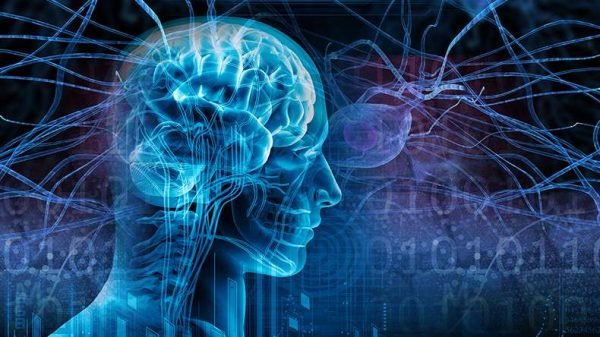
NMD Pharma A/S, a clinical-stage biotech company dedicated to developing novel and improved treatments for patients living with neuromuscular diseases, published new data in the journal Annals of Clinical and Translational Neurology with collaborators from the Aarhus University Hospital, University of Missouri, The Ohio State University, and Aarhus University. The peer-reviewed paper, entitled ‘Neuromuscular Transmission Deficits in patients with CMT and ClC-1 Inhibition in CMT animal Models,’ provides evidence that targeting the neuromuscular junction (NMJ) with ClC-1 inhibitors, such as NMD670, could enhance muscle function in patients with CMT, a rare neuromuscular disease. Clinical features of CMT include motor signs and symptoms such as muscle weakness, muscle atrophy, and fatigue, as well as sensory deficits that, in combination, cause substantial reduction in quality of life.
Preclinical studies have previously implicated NMJ transmission deficits in muscle dysfunction in CMT. This study describes results from ESTABLISH, an observational clinical study in CMT Type 1 and 2 patients and healthy patients in the US and Denmark, which confirms that patients with CMT, regardless of genotype, have notable NMJ transmission dysfunction that correlates with disease severity.
In addition, the paper describes that the treatment of mouse models of CMT Type 1 (CMT1A) and CMT Type 2 (CMT2D) following partial inhibition of ClC-1 chloride channels and the application of nerve-stimulated muscle force, was shown to improve muscle contractile function with the addition of the novel small molecule ClC-1 inhibitor NMD670.
NMD Pharma announced that it had dosed the first CMT disease patient in its Phase 2 clinical trial of NMD670. NMD Pharma has three ongoing global clinical trials investigating NMD670 across rare neuromuscular diseases characterized by a high degree of patient impact and need, including a Phase 2 study in adults living with spinal muscular atrophy type 3 and a Phase 2b study in generalized myasthenia gravis patients.